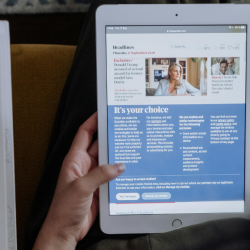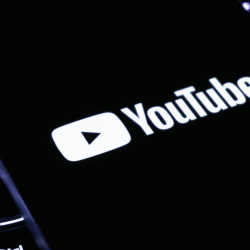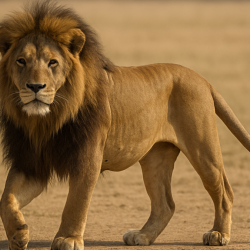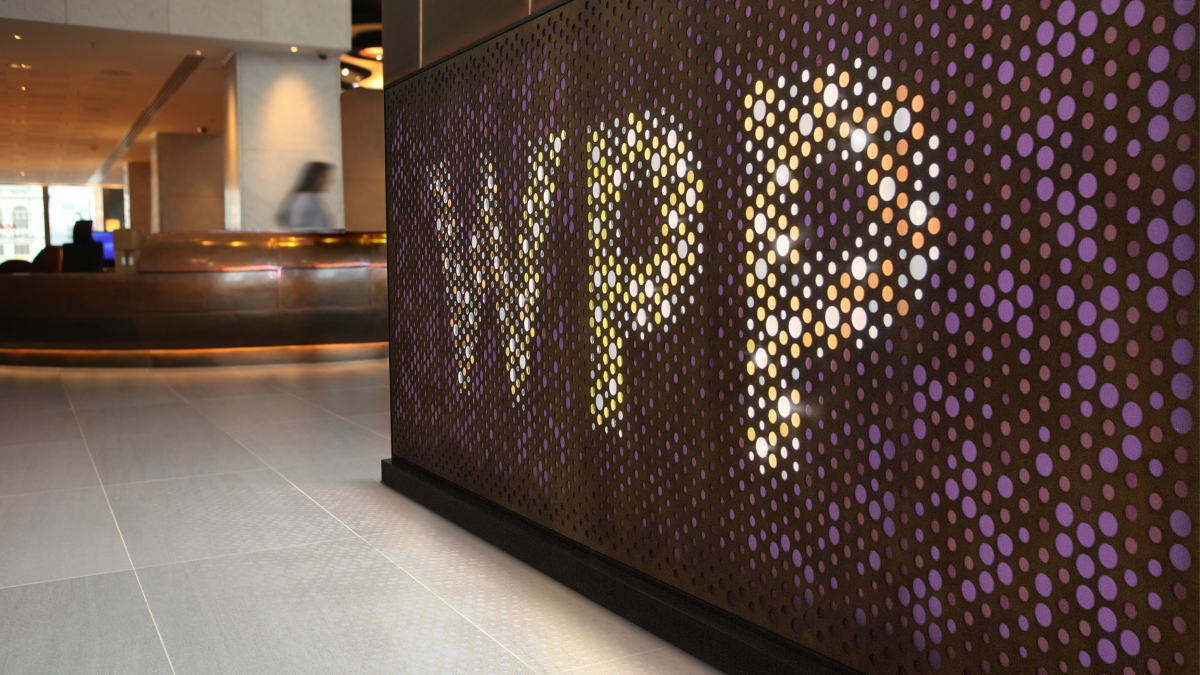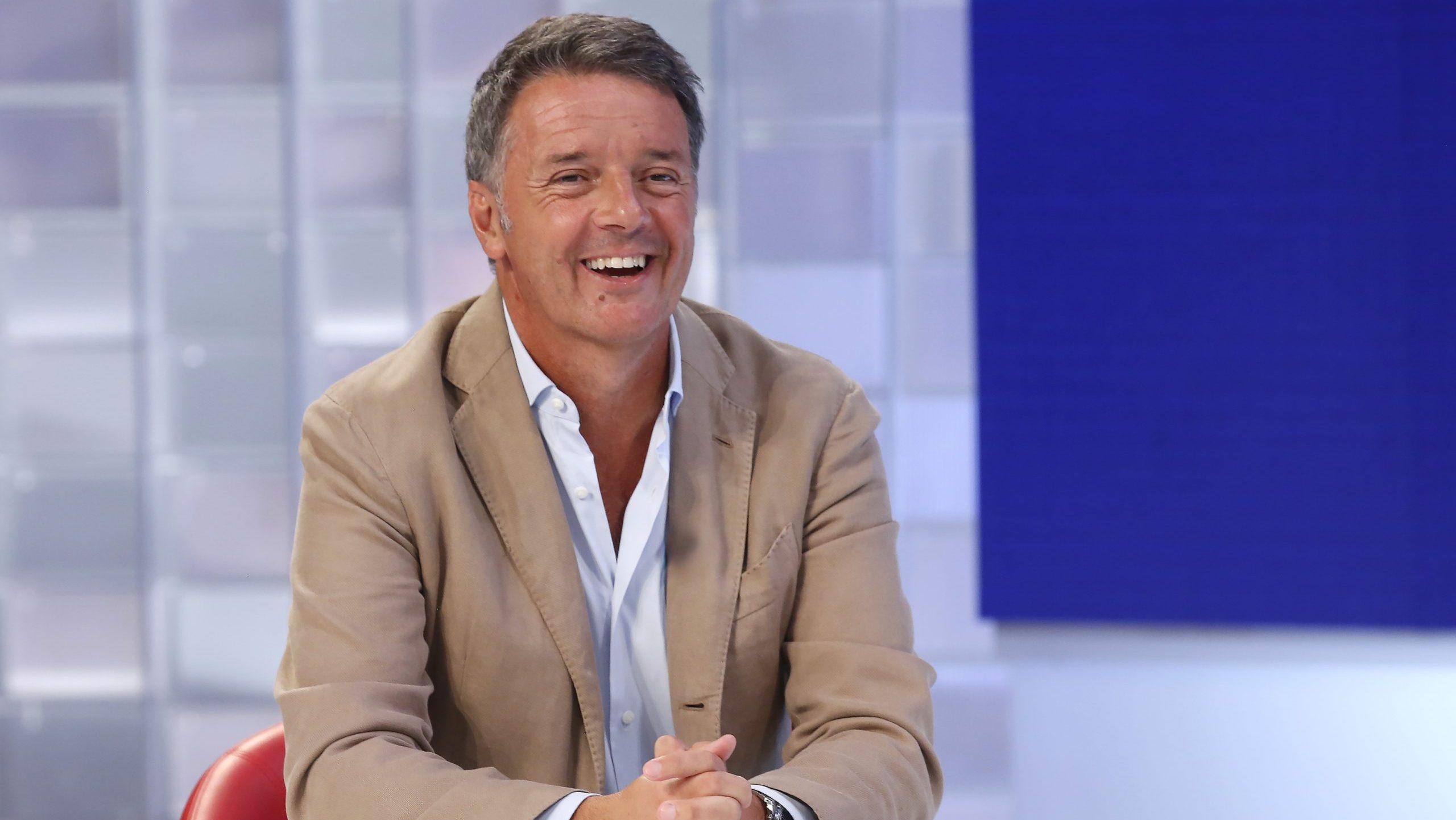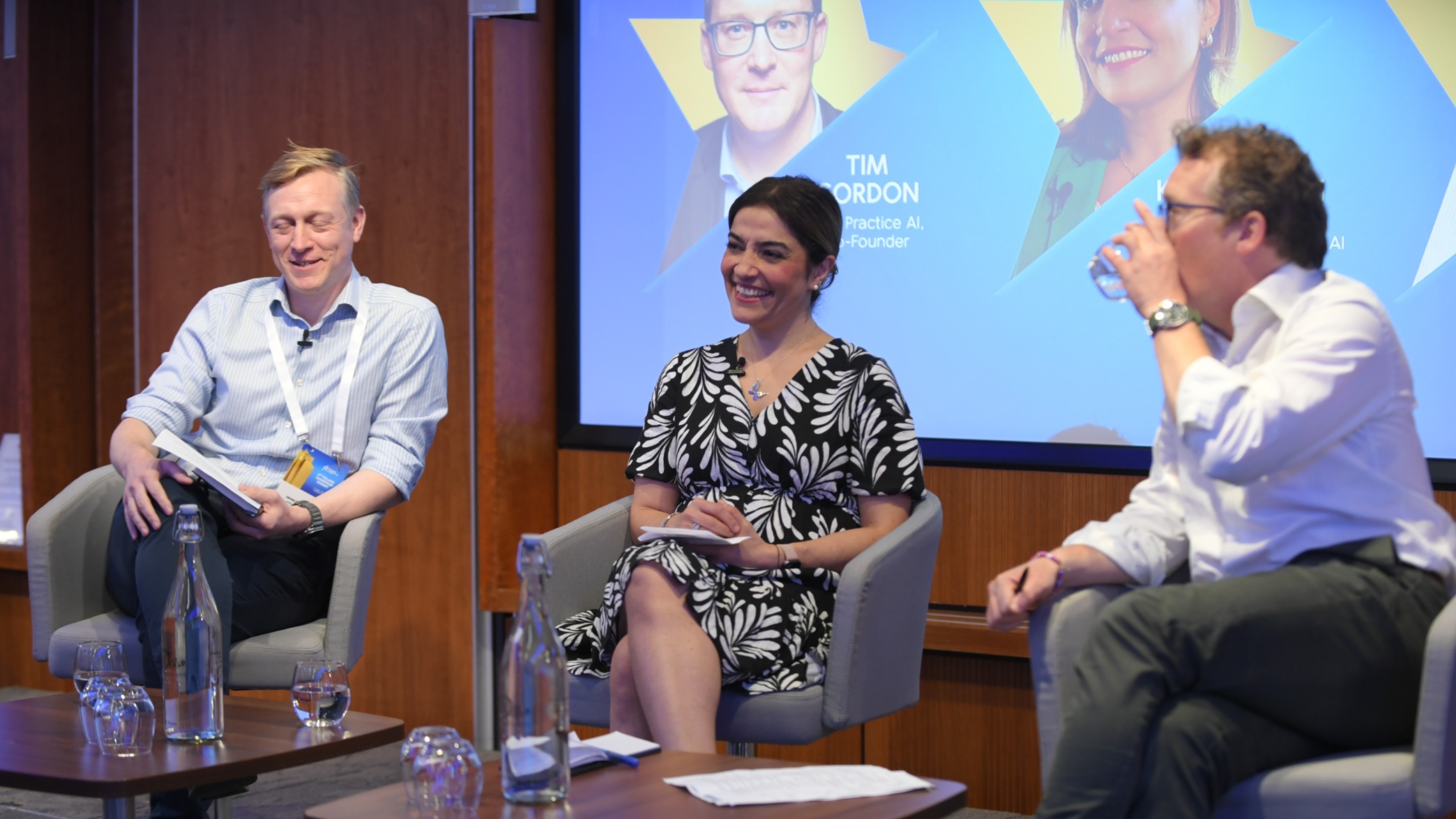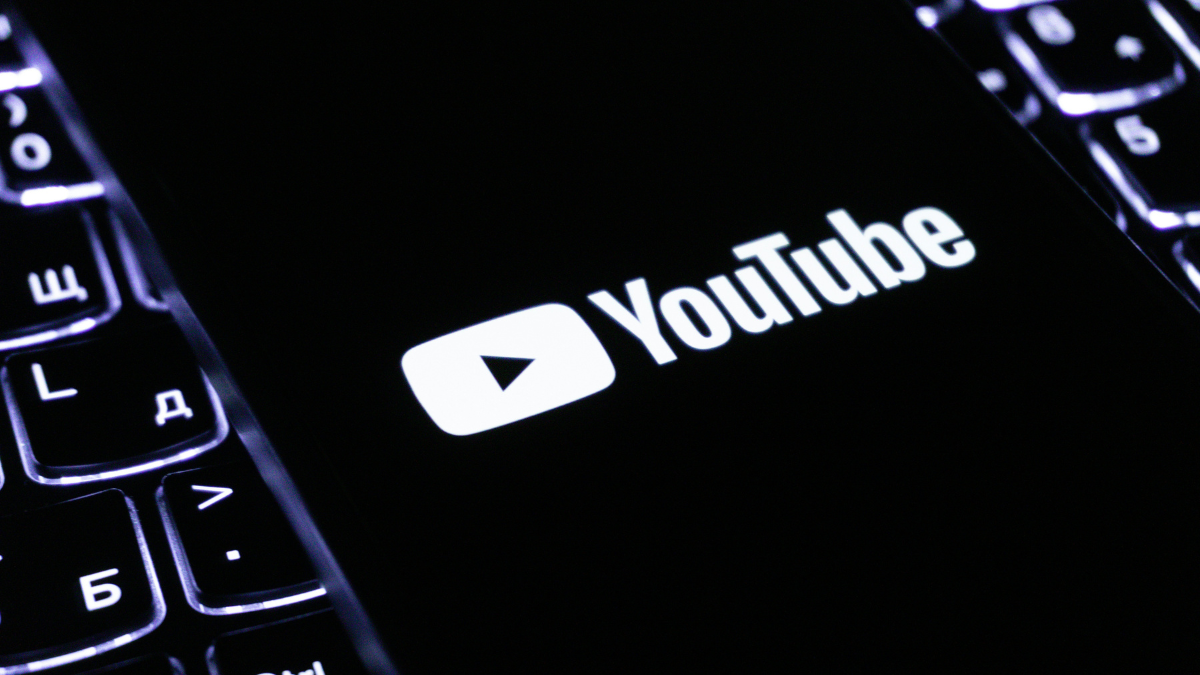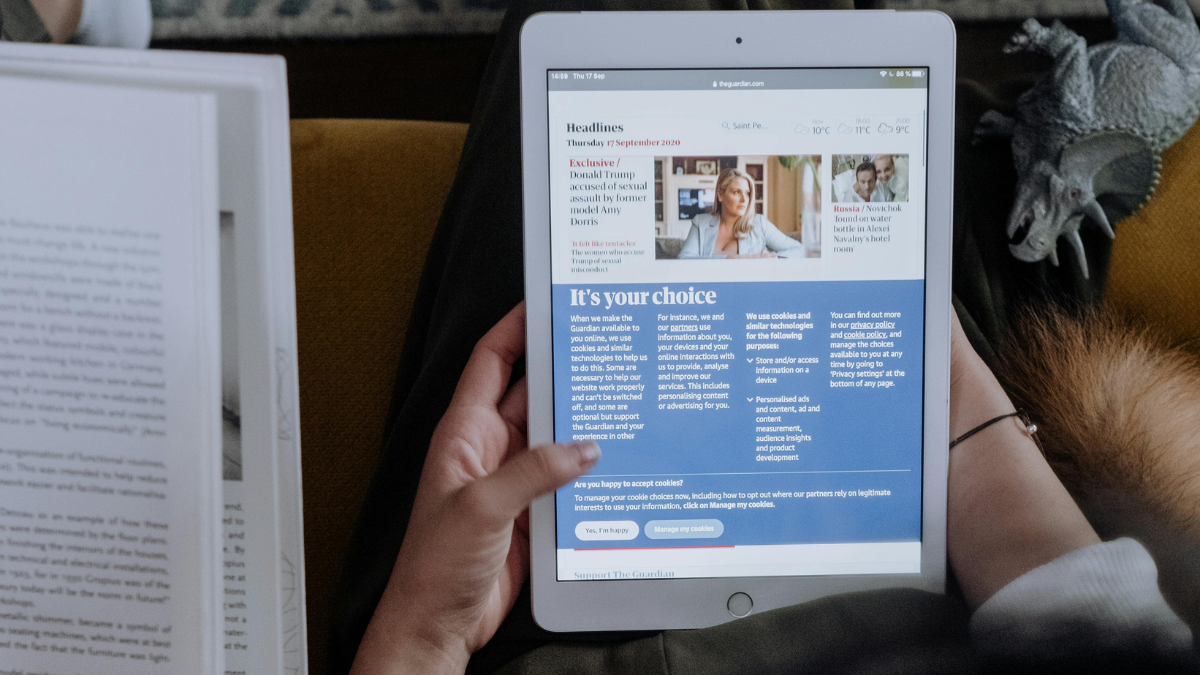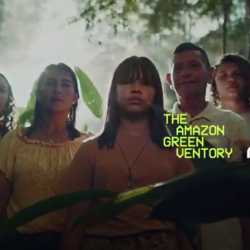WPP is reportedly renaming GroupM — the world’s largest media buying group and home to EssenceMediacom, Mindshare and Wavemaker — as WPP Media. Coming just weeks after disappointing Q1 results and amid mounting investor pressure, the move marks a major shift in the company’s long-term strategy: away from the sprawl and scale that once defined it, toward something leaner, more centralised and increasingly driven by AI.
The holding group has yet to comment publicly but an article from Ad Age spoke with insiders who confirmed the change. The publication also reported on an internal memo which told staff there would be layoffs. ‘Our success depends on a stronger, more connected company that can deliver even greater value to our clients,’ GroupM CEO Brian Lesser, who stepped into the CEO post last September, said in the memo. ‘We’ve had to make difficult decisions as we work to improve our team structure and reduce overlap… This will affect some roles across our markets.’
It is not yet known exactly when the change will take place. Sources in the agency said that individual agency brands, including Mindshare, Wavemaker and EssenceMediacom, will maintain their independence for now but there is increasing speculation that they will be unified into one agency in the future.
For years, GroupM’s size was its calling card, employing over 40,000 people and commanding a massive share of global media investment. But scale is no longer the advantage it once was. Rivals like Publicis have overtaken WPP in market cap by doubling down on integration and proprietary tech, while the pending merger between Omnicom and IPG would further relegate WPP to third place among the holding groups. CEO Mark Read’s declaration that 2025 will be the ‘year of transition’ captures the urgency behind the rebrand — an attempt to reassert relevance in a market where agility and simplicity are the new currency.
The decision to phase out the GroupM brand reflects long-simmering concerns inside WPP. It may manage $63 billion worth of media budgets but former executives have said the idea to scrap GroupM had been floated as far back as 2018, due to high costs and internal confusion. GroupM, once a symbol of dominance, had become bloated and difficult to navigate — for clients and staff alike. In a competitive landscape where major pitches increasingly favour streamlined, cross-disciplinary teams, WPP needed a more unified offer.
Enter Lesser. Appointed GroupM global CEO in September 2024, he brings deep experience in programmatic advertising and data infrastructure, having previously led both Xandr and InfoSum, as well as GroupM itself between 2015 and 2017. His mandate is not just to manage the transition but to reinvent WPP’s media business around centralised teams, proprietary data tools and automation. Within five years, he told Adweek, ‘there is no human that touches a media plan.’
Lesser wasted no time. In January, he reorganised leadership, began collapsing agency silos and led WPP’s $150m acquisition of InfoSum — a data platform he previously ran. The platform, which uses federated learning to enable privacy-safe data sharing, is now positioned as a centrepiece of WPP’s AI-enabled media vision. But the deal raised eyebrows. InfoSum’s appeal was built on its neutrality, which allowed it to serve (and compile data from) a broad range of clients. Now that InfoSum is part of WPP, the pool of data has necessarily shrunk. Still, for WPP, the move signalled intent: to close the technology gap with rivals and build a media platform that’s not only centralised but intelligent.
He even spoke during WPP’s Q1 earnings call last month, a rare break from protocol where typically only the CEO and CFO speak. Lesser’s presence signalled not just the strategic weight media now carries within WPP, but the growing pressure to show that its restructuring efforts are beginning to pay off.
That urgency is also being driven by recent losses. GroupM has struggled to retain high-profile accounts, most notably Coca-Cola’s $700m U.S. media business — a significant blow made worse by the fact that Lesser was directly involved in the pitch. PayPal also departed. While WPP has had some wins, including Amazon business, it’s clear the network’s pitch had lost some of its edge. In contrast, Publicis and Omnicom have already restructured their media operations into integrated, recognisable brands and clients have taken notice.
Internally, the mood has been tense. With 40,000 jobs under the GroupM umbrella — more than a third of WPP’s global workforce — the rebrand will trigger widespread concern about layoffs and role redundancies. Even before the news broke, there were indications that morale was teetering. A return-to-office mandate earlier this year was met with a 15,000-signature petition.
The cultural risk is real. WPP wants to project itself as agile and future-facing, but internally, it risks looking top-down and technocratic. The gap between narrative and experience could undermine the very transformation WPP is banking on. For all the talk of AI and automation, the success of this move will hinge as much on how it’s implemented as on what it delivers.
The move to WPP Media is bold, but also reactive — a response to declining growth, increased competition and shifting client expectations. To succeed, WPP must do more than rename itself. It must prove that this new model — leaner, smarter and AI-driven — can actually outperform the one it just dismantled.
